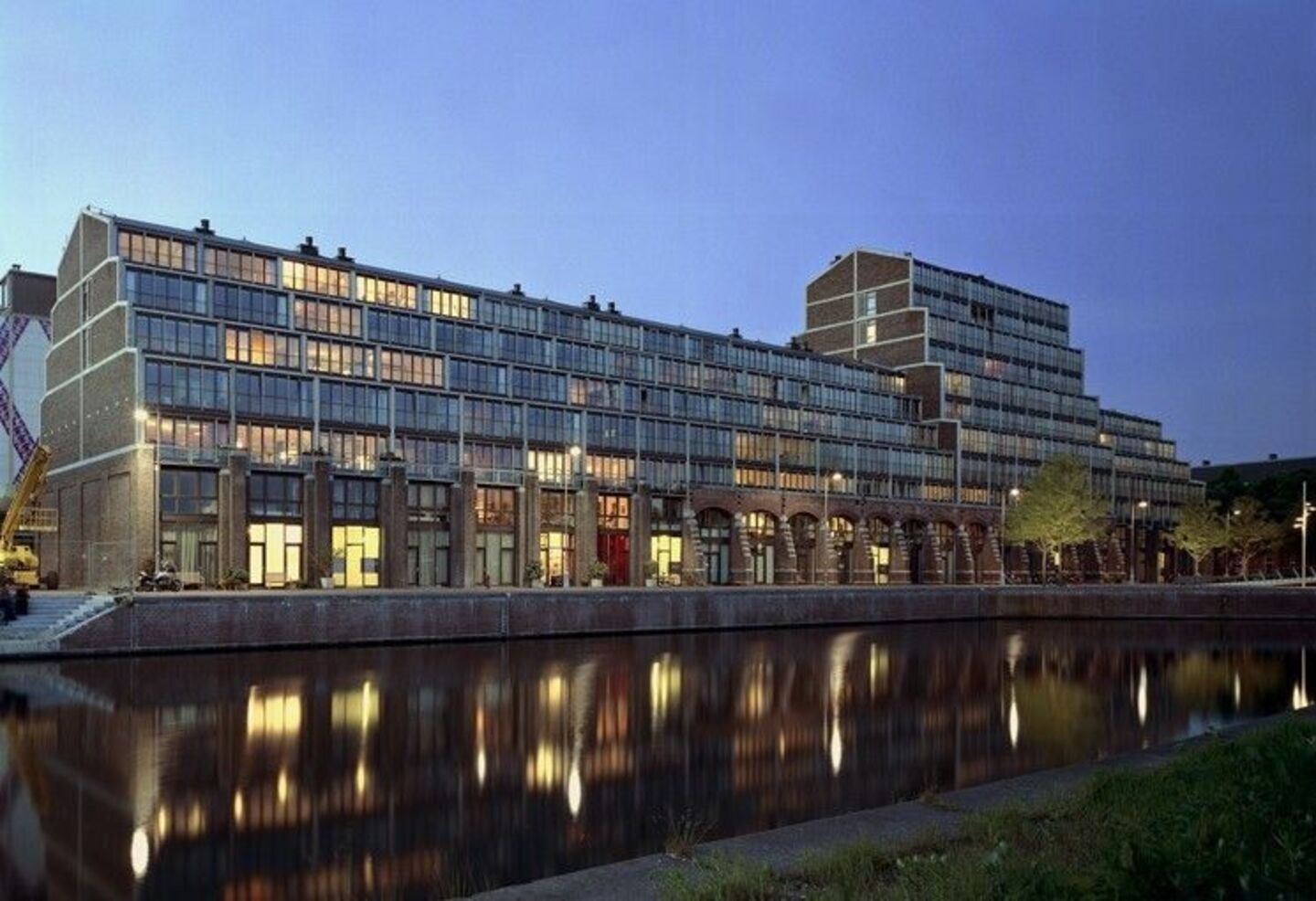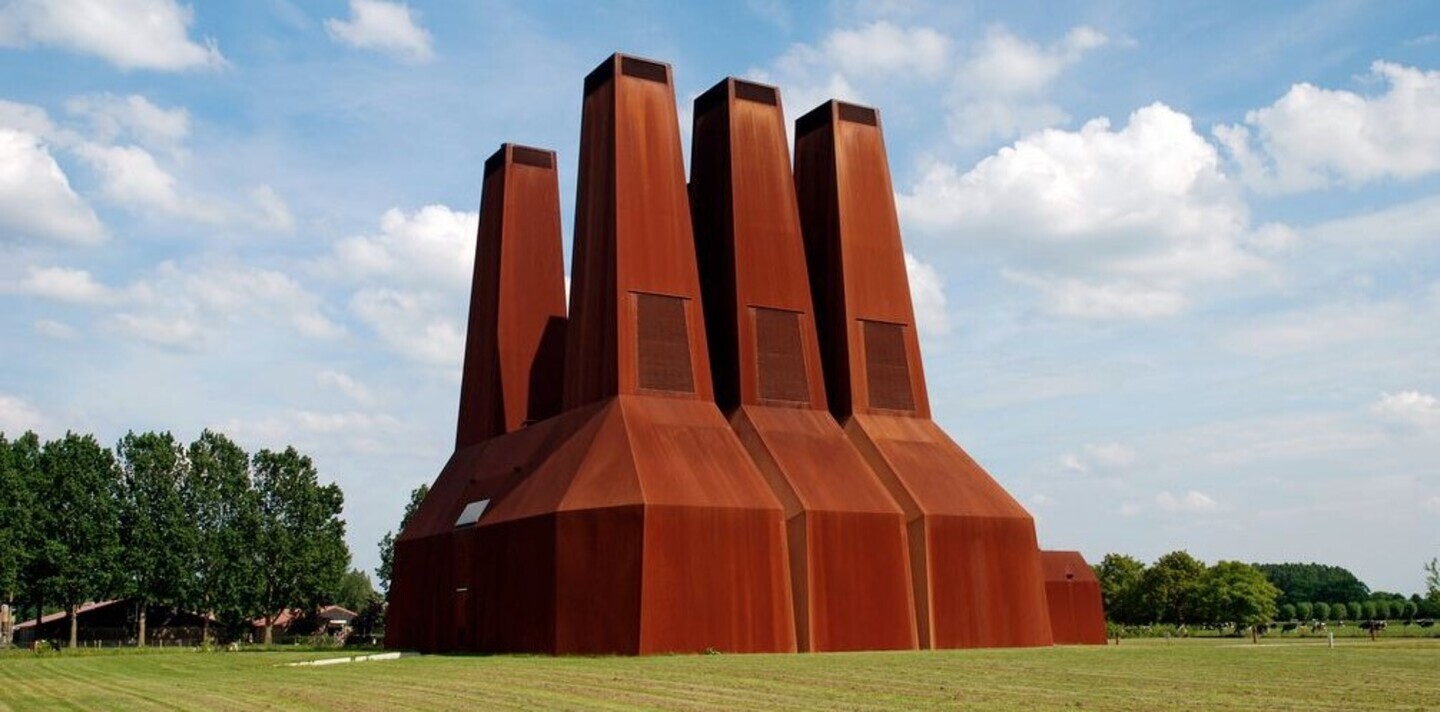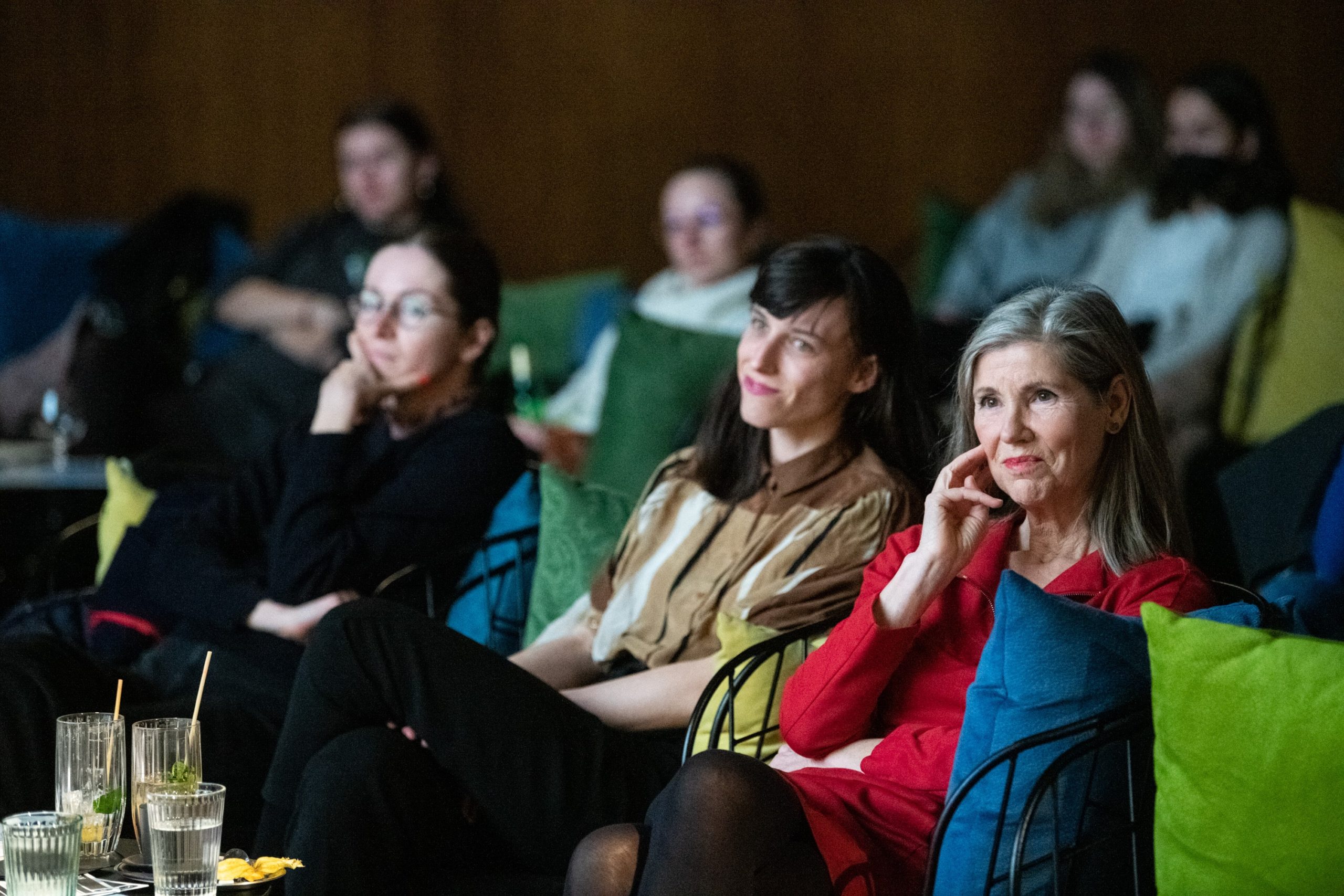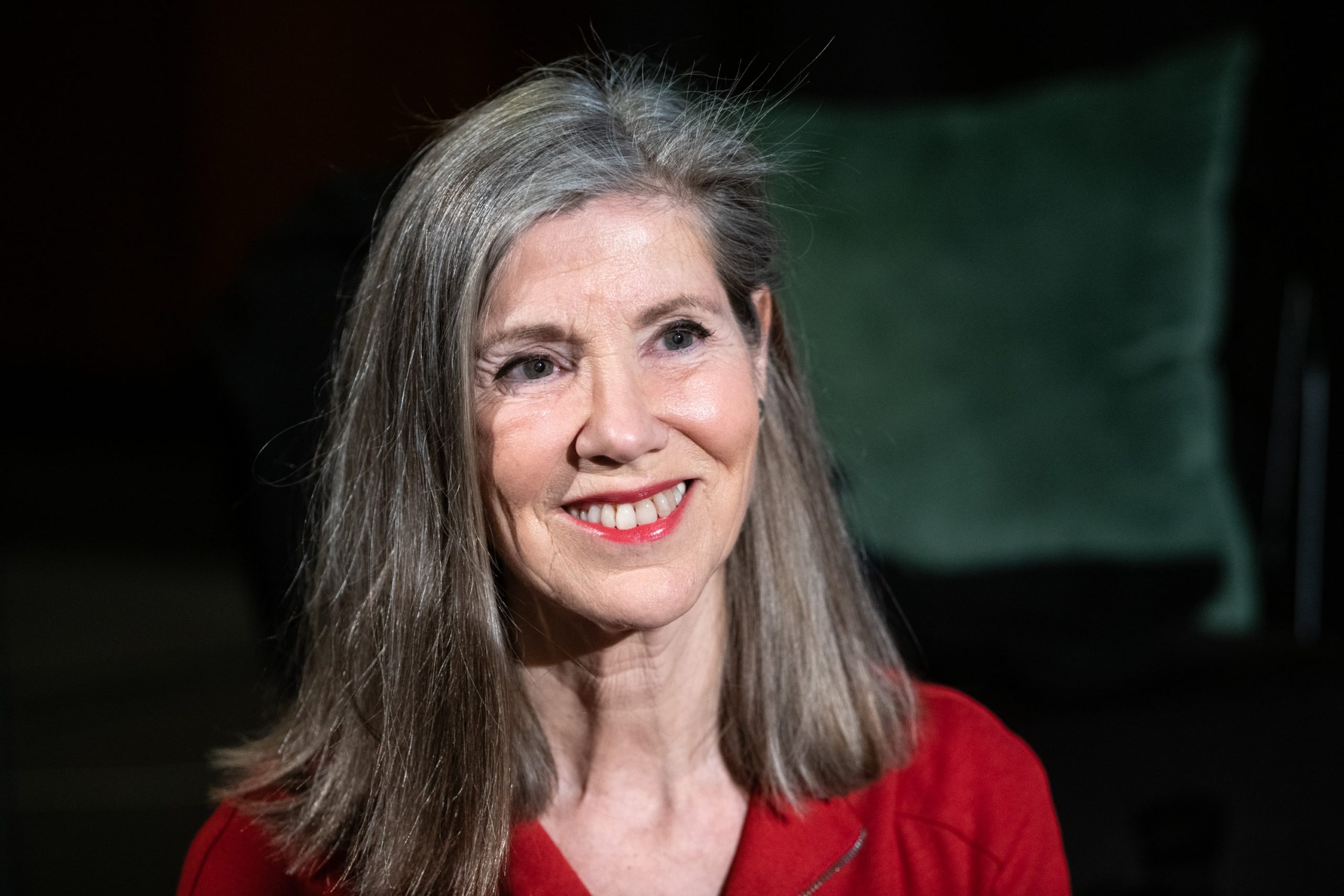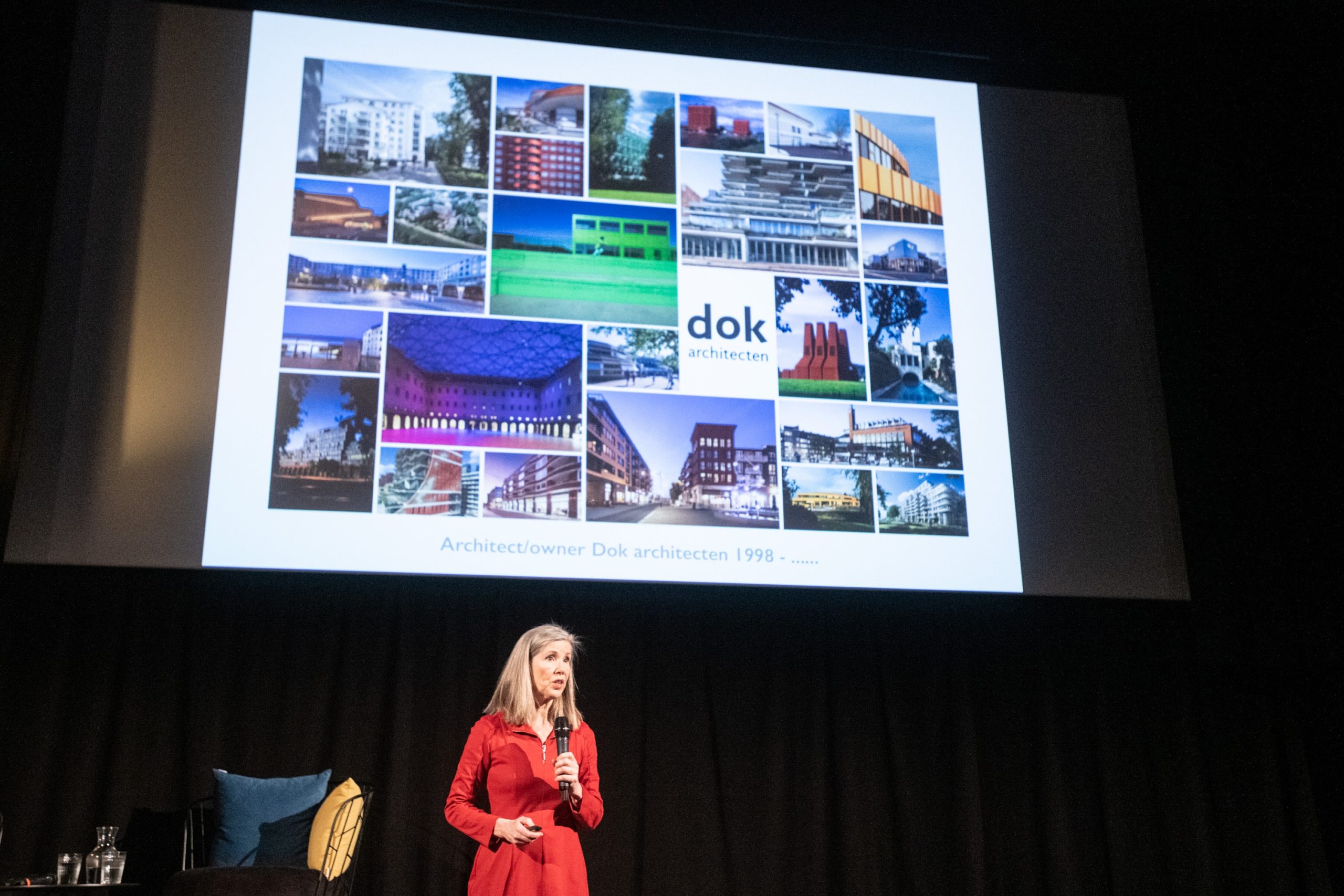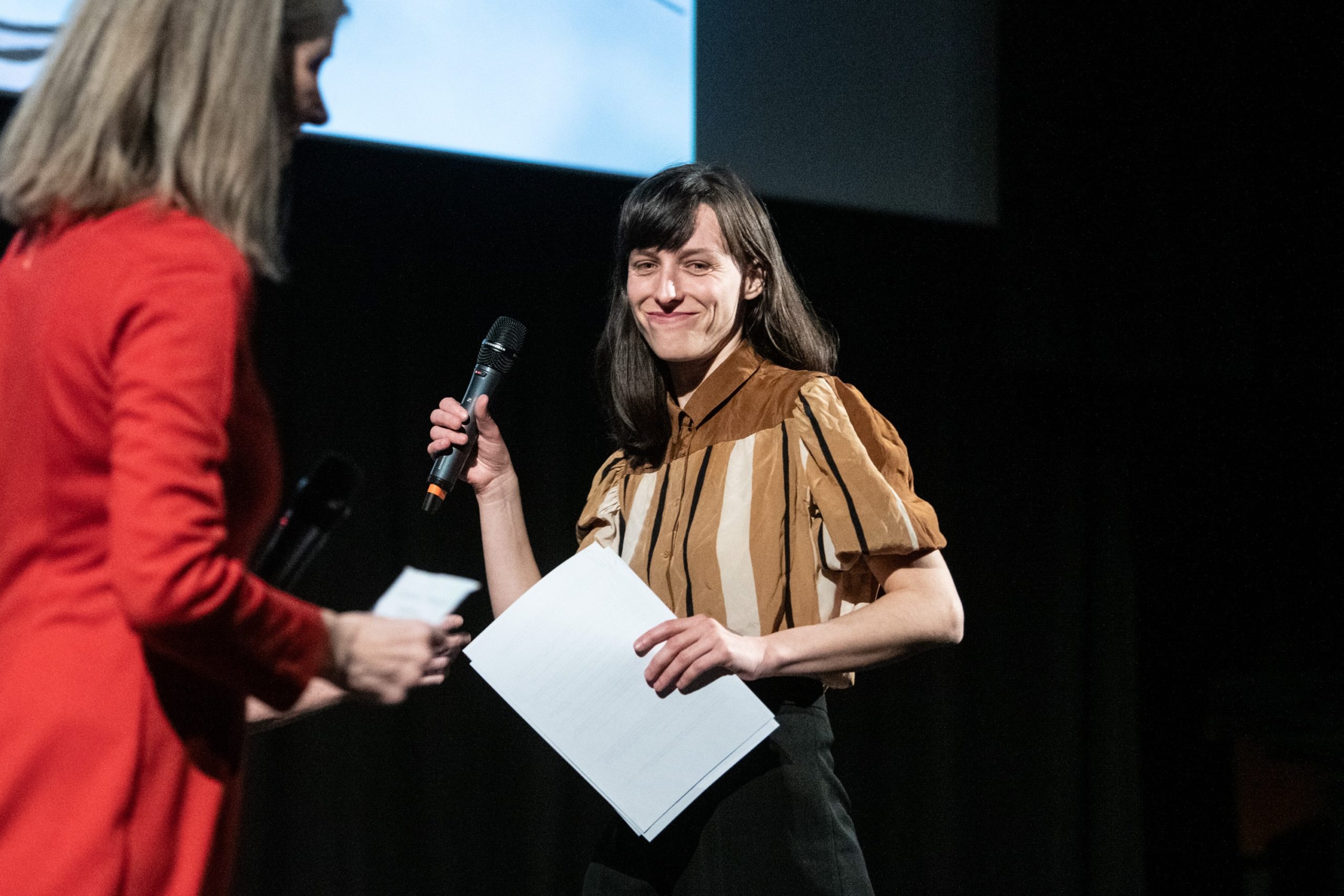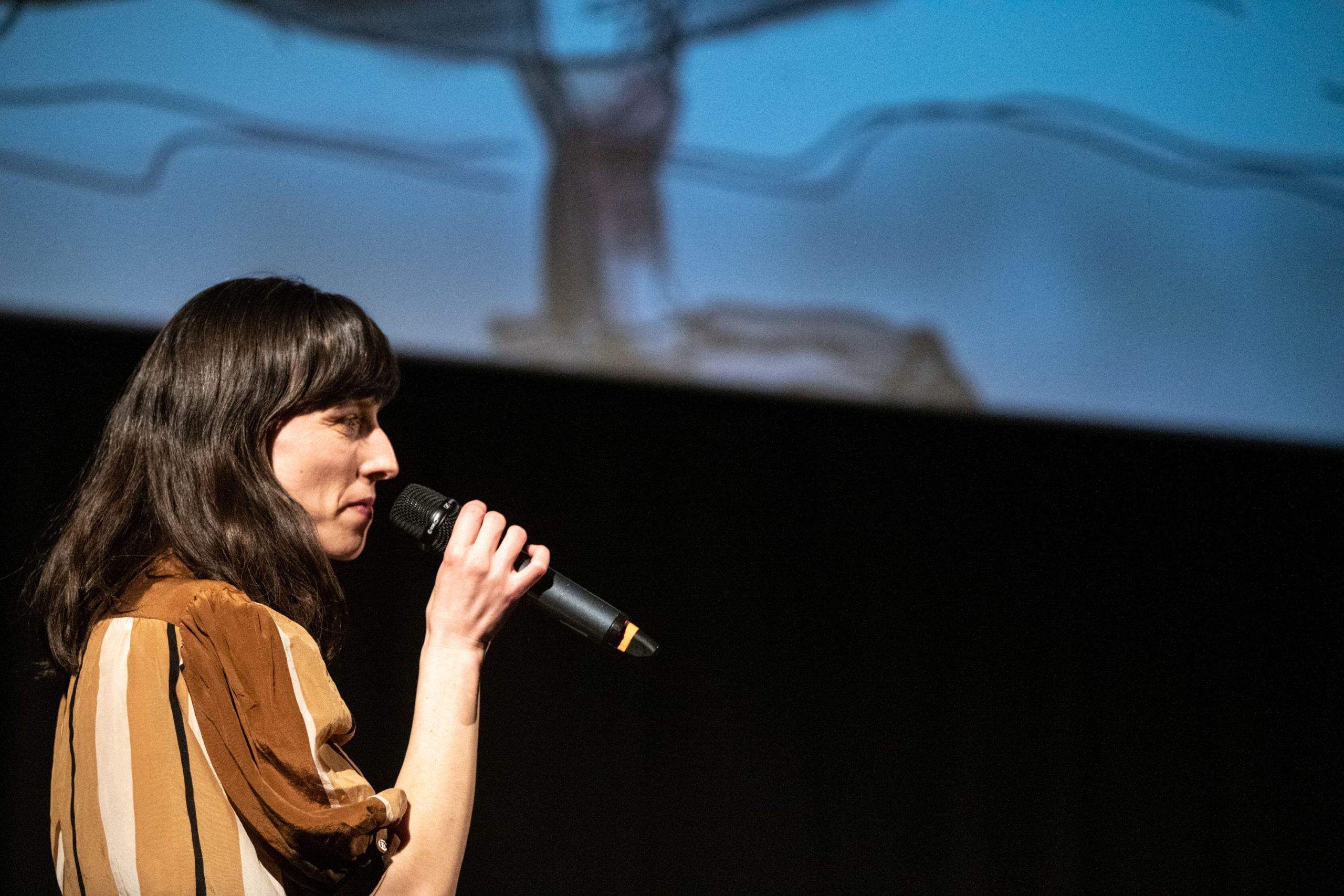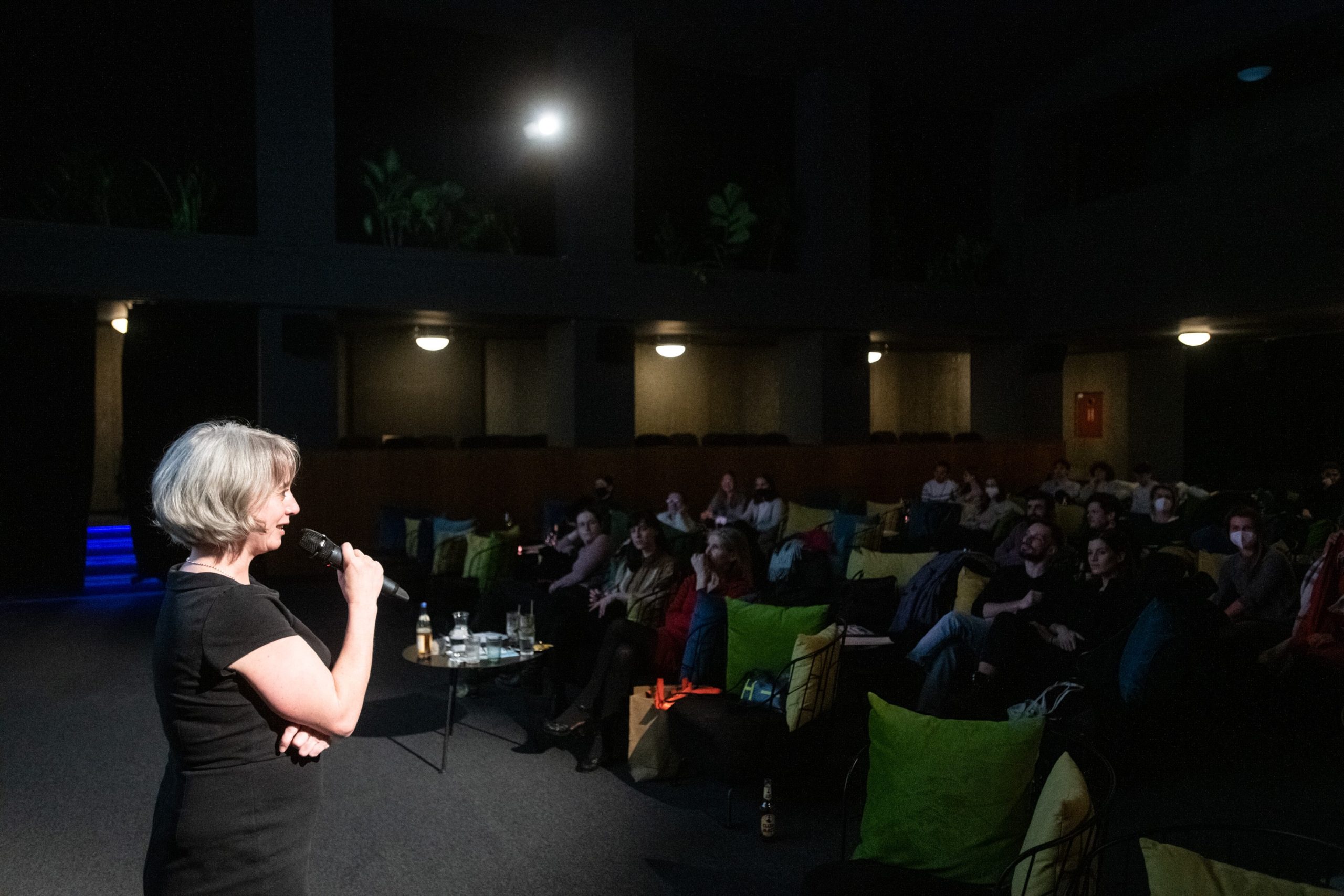Liesbeth van der Pol /NL and Spolka /SK
Durability. (How) does it work?
Former Dutch government architect Liesbeth van der Pol will lead the discussion together with architect Viktória Mravčáková from the Slovak organization Spolka. They will discuss the durability and if the architecture today lead or do not lead to sustainable environment.
Liesbeth van der Pol
Liesbeth van der Pol studied architecture at the Technical University of Delft. In 1995, together with Herman Zeinster, she founded the Dok Architecten studio. Significant realizations include the WKK power plant in Utrecht and the Maritime Museum in Amsterdam. In 2008–2011, she worked as a state architect at the Ministry of Housing and Spatial Planning. In the Netherlands, this post is taken very seriously and it is expected that the architect will not only consult on architecture and social housing policy, but will independently support quality architecture. Among other things, Liesbeth van der Pol creates colored drawings of buildings, which determine character and expression. These drawings then also serve as the signature of each project.
Spolka (Viktória Mravčáková)
The association Spolka is a team of women architects and sociologists from Slovakia, which aims to create sustainable cities for all. They educate about the city in the form of discussion, their own research, artistic and architectural interventions, as well as the education of stakeholders – organizations, officials or ordinary residents or city enthusiasts. Viktória Mravčáková is an architect and urban planner who has a focus on public spaces, the politics of city planning, and the specific spatial phenomena of (post-socialist)cities. She studied architecture in Košice, and at the University of Applied Arts in Prague, as well as Environmental Studies at Kyoto University of Arts and Design. She previously worked at the Office of Public Space at the Institute of Planning and Development in Prague, where she was involved in topics such as art in the public space, and the public spaces of housing estates.
We thank all our partners and supporters.
Thanks to you we have been able to realize our projects since 2001
Organizer:
Kruh z.s.
Under the patronage of:
Czech Chamber of Architects
With financial support: The project is financially supported by the Ministry of Culture, the State Fund for Culture, the Czech Architecture Foundation, The project is financially supported by the capital city of Prague, The Netherlands embassy in Prague
Main partners:
FORBO FLOORING, mmcité a. s., M&T, SOMFY spol. s.r.o.
Design partner:
Vitra Koncept, s.r.o.
Partners:
ARCHICAD, PREFA Aluminiumprodukte s. r. o., SIPRAL a. s., Wiesner-Hager, MDA Praha s. r. o., BUILDING Shutter Systems s.r.o.
Main media partner of Kruh:
Dolce Vita
Main media partner:
EARCH.cz
Media partners:
Architect+, ArtMap, CZECHDESIGN, ELLE decoration, ERA21, informuji.cz, PROPAMÁTKY, Radio 1, Radio Wave, STAVBA, stavbaweb.cz
Consent to the processing of personal data
Audiovisual documentation (including photographs) will be taken from the event. By participating in the event, the participant grants the organization KRUH z. s. consent to the acquisition and publication of an audiovisual record and photo documentation of his person, for the purpose of presenting the activities of the registered association and for further processing of personal data for the registered association’s own needs.
MORE LECTURES
- TH 02/10/2025 — 19:00TH
02/10/2025
19:00Světozor Cinema Vodičkova 791, Prague 1

 03/03/2022
03/03/2022 Cinema Přítomnost
Cinema Přítomnost
 English friendly
English friendly

